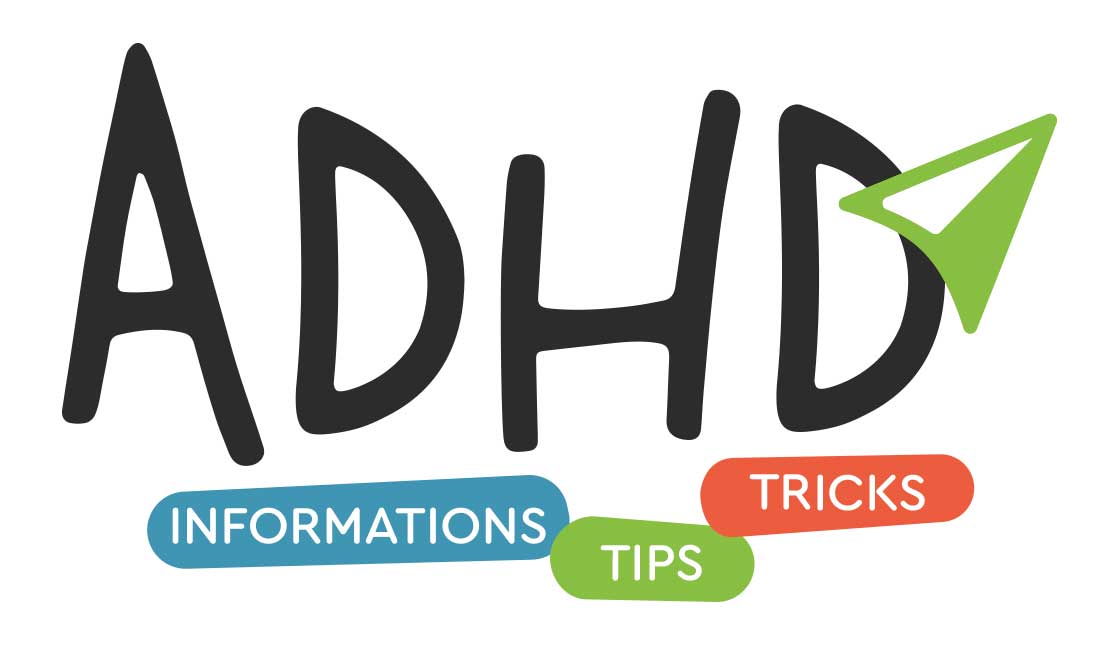What is ADHD?
ADHD is a neurodevelopmental disorder bringing difficulties to self-modulate, control and stop ideas (inattention), gestures (restlessness) and behaviors (impulsivity). For some, ADHD can also cause difficulties in the self-management of emotions (emotional hyper-reactivity).
ADHD is a neurodevelopmental disorder bringing difficulties to self-modulate, control and stop ideas (inattention), gestures (restlessness) and behaviors (impulsivity). For some, ADHD can also cause difficulties in the self-management of emotions (emotional hyper-reactivity).
Manifestations
Recognizing its symptoms and identifying its impacts
ADHD’s manifestations appear as soon as childhood and frequently persist at adulthood. To diagnose appropriately and target relevant intervention strategies, it is crucial to identify the symptoms and to look for the different impacts ADHD causes in each aspect of life. As a matter of fact, living with ADHD can bring daily challenges at school, at work or in the personal life because of the:

- Attention symptoms (distractibility, fidgeting ideas, lapses of memory, loss of objects, disorganization, difficulty to focus on one task and problems to begin and finish a task on time);
- Difficulty with the notion of time as well as space organisation
- Restless and impulsive behaviors
- Difficulty to adjust the intensity of their emotional response («all on edge», «hypersensitive», «always ready to explode»)
Often, hyperactive people cope with physical restlessness and channel it through work or sport. Because of ADHD symptoms and their impacts, many affected people also suffer from a low self-esteem and a chronic feeling of under-achievement.

- Attention symptoms (distractibility, fidgeting ideas, lapses of memory, loss of objects, disorganization, difficulty to focus on one task and problems to begin and finish a task on time);
- Difficulty with the notion of time as well as space organisation
- Restless and impulsive behaviors
- Difficulty to adjust the intensity of their emotional response («all on edge», «hypersensitive», «always ready to explode»)
Often, hyperactive people cope with physical restlessness and channel it through work or sport. Because of ADHD symptoms and their impacts, many affected people also suffer from a low self-esteem and a chronic feeling of under-achievement.
Consequesces
Did you know?
Untreated ADHD increases the risk of developing or complicating many problems such as:

- Anxiety
- Depression
- Bipolar disorder
- Oppositional defiant disorder
- Problems with relationships, splitting up
- Criminality
- Smoking
- Problem with alcohol and street drugs use like cannabis or cocaine
- Overuse of screens, gaming
- Learning difficulties
- School dropping out
- Frequent change or loss of job
- Accidental injuries requiring going to the emergency room (including mild head trauma)
- Road accidents (as a pedestrian or a driver)
- Unplanned pregnancy
- Sexually transmitted infections
- Sleeping disorders
- Difficulties to implant and maintain healthy habits
- Obesity
- Diabetes and cardiovascular health problems
- Prematured death (accidental, due to disease or intentional, by suicide)
Detecting
An ADHD epidemic ?
Some people have the impression there is an ADHD epidemic. ADHD touches approximately 5% to 8% of the children and 4% of the adults. In Canada and in the United States, as well as in many other countries in the world, misconceptions still run about ADHD. However, an increasing number of people is aware about the fact that ADHD is a neurodevelopmental disorder that can bring major impacts in the life of the affected people. We now have better tools to identify and help people who suffer from it so public consciousness about this disorder grew a lot for the past few years. Consequently, the professionals and the public are more attentive towards ADHD; detection and therapeutic offer intensify.
In a lot of countries, the amount of people treated with ADHD medication explodes, to the point that many are asking themselves if people presenting other problematics showing ADHD related symptoms are not receiving an appropriate therapeutic approach due to a diagnosis mistake. As a matter of fact, many elements can mimic ADHD or worsen the symptoms. This is why it is important to gather information, to get involved in an appropriate diagnosis process with a qualified professional and to target the treatment objectives to enforce winning strategies to live better with ADHD.

Essentials about ADHD
An interesting educative tool developed by CADDRA, to share in your network!
CADDRA ADHD Information and Resources Handout
Essentials about ADHD
An interesting educative tool developed by CADDRA, to share in your network!
CADDRA ADHD Information and Resources Handout
